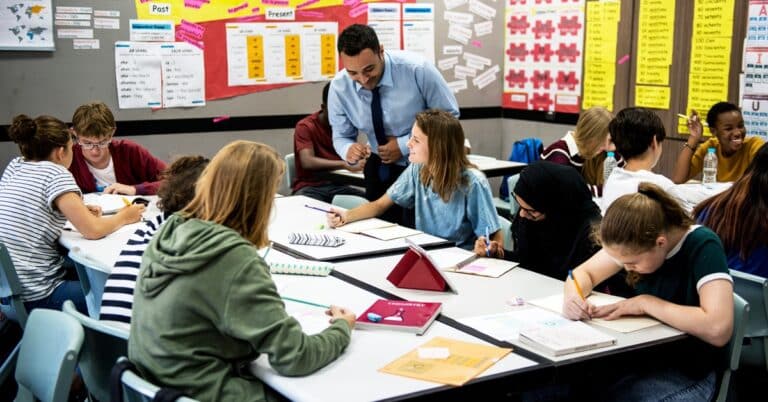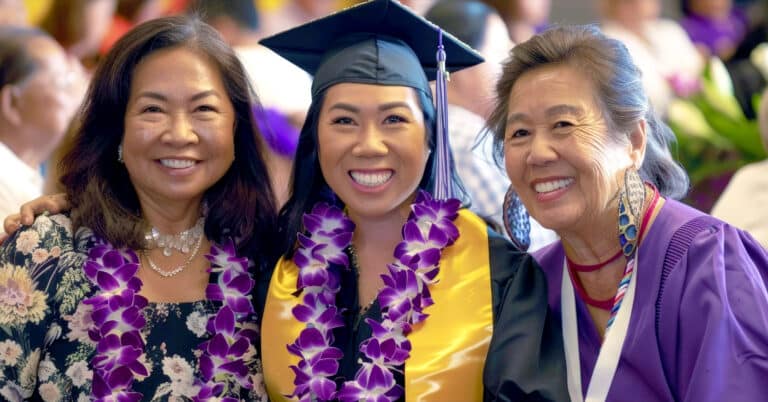By LaToya Beecham and Lauren Bui
As suggested in Elevating Student Voice: A Learning Agenda, intergenerational co-creation can strengthen youth-adult partnerships and, ultimately, promote collaborative leadership. Youth inclusivity and co-creation in education change conversations can be a powerful tool for sustainability and systems transformation. Young people understand the needs of their peers and their communities. They have experienced the effects of education in the 21st century. Their voice and expertise should play a critical role in change, but because education leadership structures are hierarchical, administrators and policymakers make decisions without those who are most impacted, have limited opportunity to be heard in, serve as active participants of and lead systems change efforts.

Elevating Student Voice: A Learning Agenda
There are several factors to consider in youth-adult partnerships, including mindset shifts and inclusion strategies. Ready to elevate youth voice and foster youth leadership in your systems change conversations? Consider the following mindset shifts for successful youth-adult partnerships:
1. Examine your biases
In order to promote youth voice, adults and youth must be aware of their own limiting beliefs and biases rooted in conventional youth-adult relationships. By doing so, it can create conditions to open minds to new perspectives and more genuinely understand the needs and wants of the collaborators. As a result, youth can more effectively visualize the world they want to live in and adults can better understand young people’s desired future.
2. Learn to unlearn
Our world is changing, and we are not constrained by generational patterns. Many adults grew up in a system that was benefiting them. This can sometimes lead to a mindset that suggests, “If it worked for me, it should work for you.” However, youth live in a different world. Adults should enter youth-adult partnerships prepared to unlearn what they know about the education experience. They should listen to the ways youth feel the current system is not benefiting them, regardless of their experiences in the same system.
3. Choose to trust
It’s important to recognize that youth should not have to prove their voice is important. This means adopting the mindsets that allow adults to believe in young people’s leadership. To shift their mindset, adults will have to empathize with youth and their experiences. This could include validating perspectives and allowing youth feedback on issues to be incorporated into solutions.

LaToya Beecham
LaToya is a sophomore at the University at Buffalo. She hopes that she can continue to help advocate for her communities and motivate youth to take charge to catalyze the change they want to see.
 Lauren Bui
Lauren Bui
Lauren is a senior in high school and an advocate for youth voice in change efforts. She hopes to promote equity in education for all students to receive fulfilling experiences as they pursue their passions.




